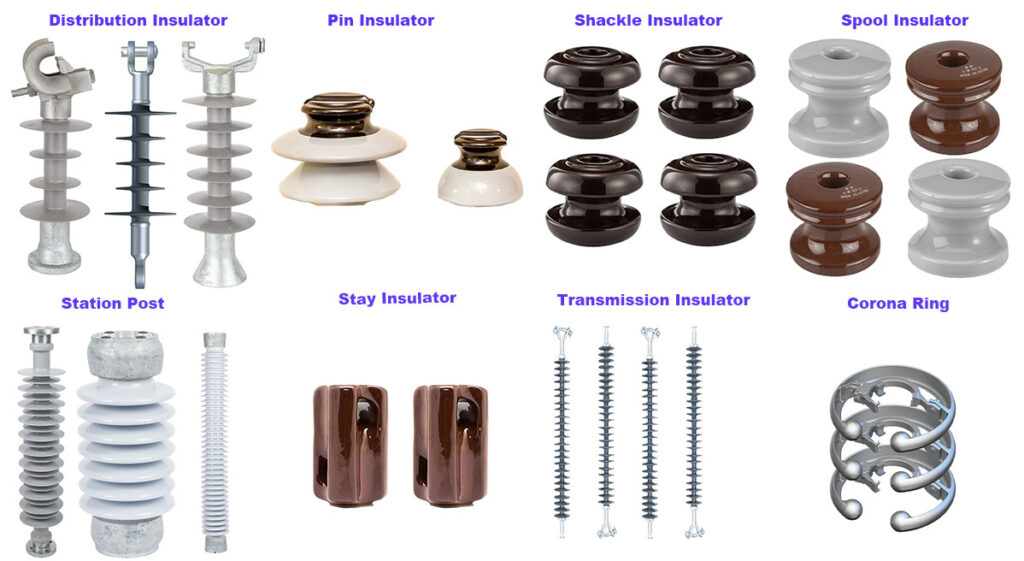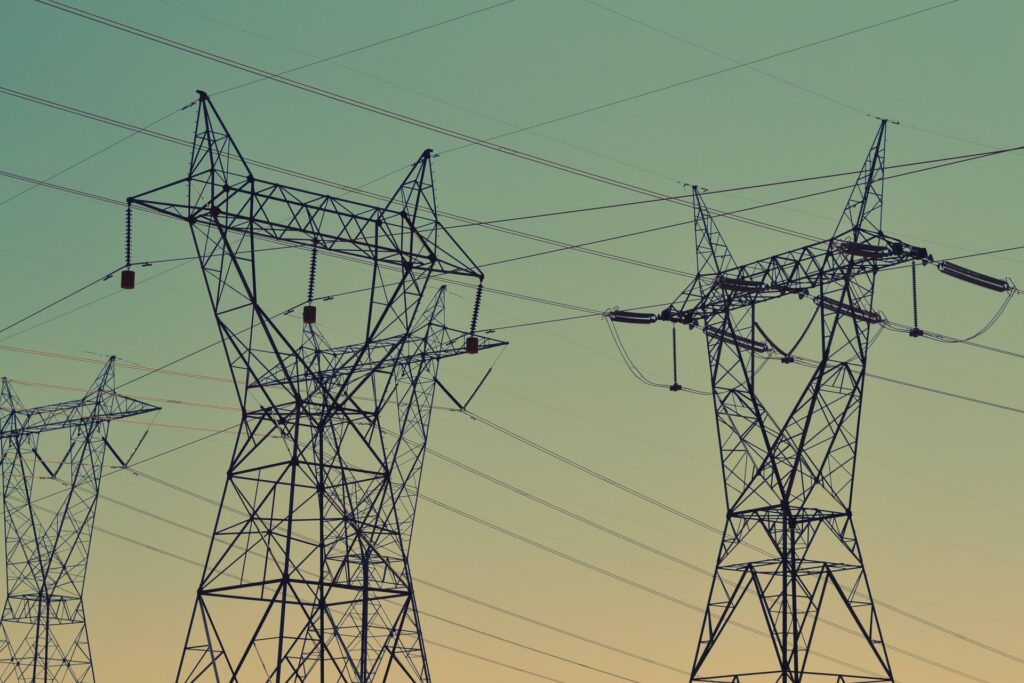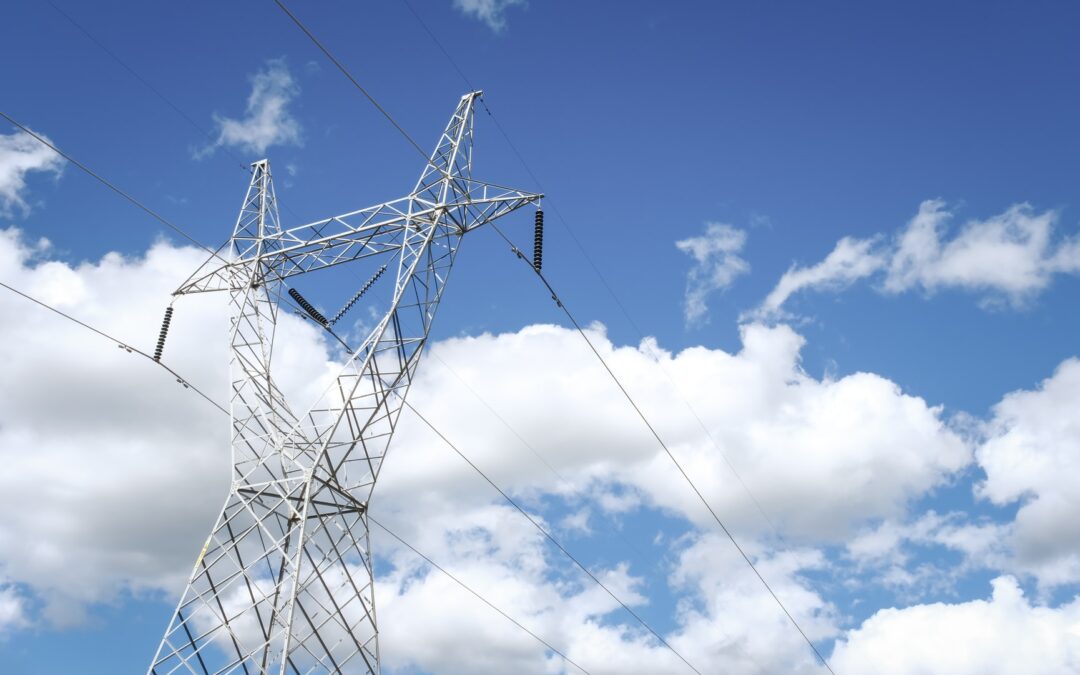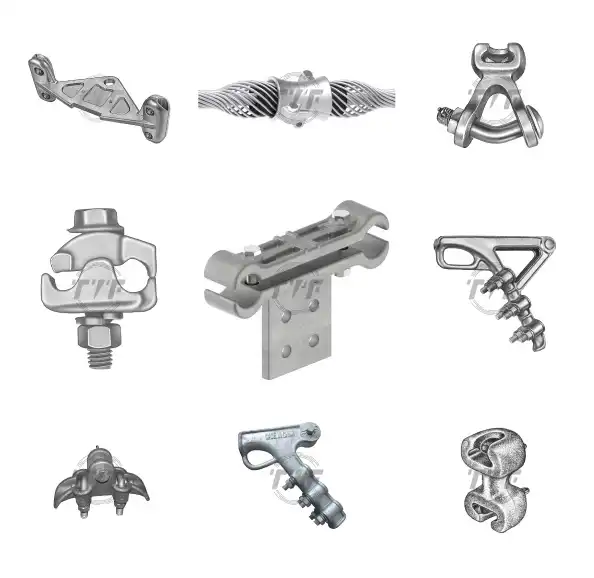Electrical Insulator is an important part for building the overhead line and power line systems. It is regularly installed on the power towers, shafts or various constructions to hold the electric stream back from spilling to the undesirable location from the overhead conductors. We can also call an electrical insulator or a power insulator.
The power line insulator can be used as the telephone pole as well.
The material of the electric insulator is not the same as others — conduits and semiconductors. The electric charges can’t go through the electrical insulator.
Materials of Electrical Insulator
There are various kinds of materials for making electrical insulators.
The most widely recognized materials includes Porcelain, Ceramic, silicon elastic, Polymer, and Glass.
Each of these protecting materials has distinctable physical protecting properties. It is crucial to know the properties of each electrical insulator material before picking it.
The following part inoduces the materials of insulator in detail.
Glass insulator and Porcelain Insulators:
Glass insulator can be recognized as the earlist insulator in the world. It appears in 18th century. It also can be used as a telegraph. However, after procelain and ceramic insulator introduced in 19th century, glass insulator dimished for a while.
To overcome this problem, experts improve the quality of the glass insulator. They expand the life span of the glass insulator. Then, the advanced glass insulator are normally used today. Compared with other type of insulator, glass insulators present a long lifespan.
Polymeric Insulator:
Polymer insulators contain a fiberglass bar layered by polymer weather patterns sheds. These polymer atmospheric conditions sheds are normally evolved from silicon versatile. Scarcely any various substances may similarly be used for weather patterns sheds, including polytetrafluorethylene (PTFE or Teflon), EPDM, EPM, etc. Polymer insulators are inconsistently introduced as silicon flexible insulators or composite insulators. They are around 90% lighter than porcelain types in any case invigorate basically same or better.
Some specifications you should know about the insulator when you purchasing them:
-High mechanical strength to support the load
-High electrical resistance to prevent the leakage of current
-The insulating material should be non-porous
-The material should be free of impurities
After checking the four properties above, you need to make sure other qualifications are meet your requirement.

Types of Overhead Insulators
Pin insulators
These insulators are used for supporting low voltage power line s. One piece of this insulator can be used on an aide that conveys 11KV. Regardless, these insulators are by and large used on joins some place in the scope of 25KV and 44KV. The four-piece insulator could really be used on 66KV aides.
A common four pin insulator contains a couple of shells which are coordinated in arranged preceding being mounted on a pinnacle or shaft. The arrangement of these insulator’s slips should be so much that inward parts will consistently remain dry regardless, when the outer fragment is wet. This helps with hindering electrical spillage.
The most elevated mark of the insulator allows the manual for be bound into a wrinkle which is then maintained by a mixed pin. A thimble helps with thwarting direct contact among porcelain and pin.
Advantages of Pin type insulator
-More affordable than other insulator types
-Easy to create
-Gives a capable way to deal with supporting aides
Obstacles of Pin type insulator
They are only sensible for voltage underneath 50KV. Anyway, they are lumbering for the voltages above 50KV.
Post Insulator
Line post insulators are mounted on the electrical shaft for the transmission line.
As shown by the utilization and the position it presented on the shaft, the line post insulators are parceled into a couple of sorts: Tie Top Line Post Insulators, Horizontal and Vertical Line Post Insulators, Under Arm Line Post Insulators and Clamp Top Line Post insulators.
Stay insulator
Stay insulator is a sort of strain insulators, it is by and large used in medium and low voltage lines for nation and rail course. Stay insulator is furthermore called individual insulator or egg insulator.
Suspension insulator
On the off chance that your above guide is conveying high voltage, you really want a superior insulator. Suspension type insulators might be the right insulator for your guide. It is great at protecting high voltage guides.
Suspension insulators can protect guides of up to 400KV.
As far as the development, suspension insulator contains porcelain circles which are very much organized in series to shape a string-like design.
The guide is suspended at the lower end while the opposite end is appended to the arm on the pinnacle or post. The quantity of porcelain insulators on the course of action will rely upon the functioning voltage.
Benefits of Suspension type insulators
-On the off chance that one insulator falls flat, it tends to be supplanted as different insulators stay in one piece
-Less expensive for high working voltages
-The plan gives adaptable activity
-The protecting limit can be expanded by adding more insulators
-Furnishes insurance against lightning when utilized with steel tower.
Strain Insulator
Otherwise called pressure insulators, strain insulators are utilized when the guide is exposed to high strain while looming over specific segments. Such regions incorporate sharp bends, stream endings, and impasses.
In such regions, there is probably going to be an unexpected shift in course of the link. The insulator assumes the part of diminishing strain.
The plan of strain insulators gives it some critical actual strength and dielectric properties. Two or considerably more insulators can be utilized on the off chance that the pressure surpasses as far as possible.
Strain insulators are great for high voltage power transmission. Any other way, you ought to think about utilizing a shackle insulator.
Shackle Insulator
Otherwise called a spool insulator, the shackle is typically utilized for the low voltage electrical cables. It is constantly viewed as a choice to strain insulator just that it has a lower limit. It tends to be associated both in an upward direction or evenly.
The plan of shackle insulator includes an opening which guarantees that the heap is similarly dispersed to every one of the bearings
Shackle insulators are turning out to be less famous lately as an ever increasing number of individuals are embracing the utilization of underground power links.
Restricting wire is utilized for fixing the conduit in the insulator.

Features of Transmission Lines Insulators
Here are some distinct features of the PowerTelcom insulators:
-Lightweight: Despite being produced using quality material, these insulators convey least weight. This simplifies them to manage when appeared differently in relation to most standard dirt insulators.
-High impact obstacle: Insulators in power system incorporate quality structure to ensure that they are not affected by real impact. This component makes them ideal for different sorts of conditions. They are also shock and vibration attempted.
-High voltage obstacle: As expected, the insulators can go against high voltage. This makes them relevant to an extensive variety of the electrical power structure.
-Hand creates: Although the insulators come in standard plans, you are permitted to interest for uncommonly specialties, and we will benefit them. All you need is to send us the information about the best arrangement.
-Air permeability: These insulators incorporate an astonishing air vulnerability. This basically infers that they license a steady movement of air through them. The inspiration driving permeability is for heat the leaders, especially on high voltage power transmission lines.
-Strong and solid: the insulators are sturdy and reliable for quite a while. They also attract least help cost.
Factors to Consider When Choosing Overhead Line Insulators
Tips for Choosing Insulator
There are several factors that can help you buy the best insulators for sale.
They include,
-The voltage head: This is the voltage that is going through the aide.
-The distance between the posts. You truly need to check whether or not the distance is some time before you over the long haul pick the insulator.
-The material of the insulator. A couple of materials are sensible for explicit conditions and for no other individual.
-Dielectric properties of the insulators
-Natural condition. Factors like temperature, storm, snow, and wetness can impact the safeguarding properties of specific materials. Along these lines, you need to carefully assess where you live preceding picking a safeguarding material.
-The cost of the insulator. Notwithstanding the way that it could appear as though a minor issue, considering the expense of the insulator before purchasing is critical. Buying unassuming insulators could appear to be a practical decision yet isn’t for the most part the best thing to do.


